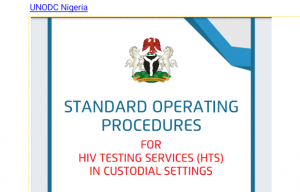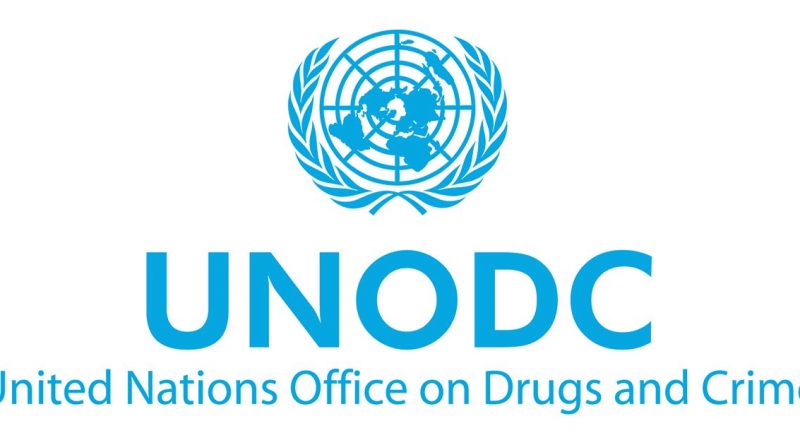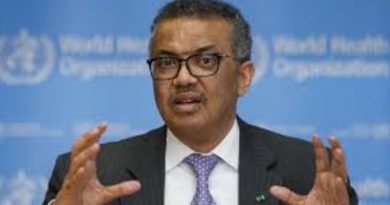WORLD AIDS DAY: UNODC partners with the FGN to launch key documents for HIV prevention, treatment, care, and referral in custodial centres
Oru Leonard
UNODC has said that End inequalities, End AIDS, End pandemics – the theme of this year’s World AIDS Day – is coming at no better time for the key population groups who, without doubt, have greater burden of HIV due to their vulnerability and inadequate access to HIV prevention and treatment services. Although key populations, such as people in detention and people who use drugs and their partners make up only a small fraction of the general population, they contributed about 65% of new HIV infections worldwide in 2020. Due to exclusion, lack of access to services, stigmatization, and discrimination, key populations continue to experience an increased risk of contracting HIV and acquiring immunodeficiency.
UNODC went further to butress that in Nigeria, for example, key populations constitute only 2% of the population yet they account for 11% of new HIV infections. In 2020, the United Nations Office on Drugs and Crime, the agency of the UN with the mandate to promote HIV prevention, treatment, and care among people in prisons, and people who use drugs, found that on average people in detention were twice as likely to live with HIV/AIDS than the general population with women being disproportionally more affected.
In keeping with our mandate, UNODC supports government’s efforts towards achieving universal access to HIV prevention, treatment, care and support among people who use drugs as well as comprehensive HIV services for people in prisons.
To support the Nigerian Correctional Service (NCoS), in the prevention of new infections among people in custodial centres, promotion of treatment and care for people living with HIV (PLHIV), in custodial centres, as well as improvement of referral for PLHIV on release to the community, UNODC supported the Nigerian Correctional Service (NCoS), the National AIDS & STIs Control Programme (NASCP) – Federal Ministry of Health (FMOH) in collaboration with the National Agency for the Control of AIDS in developing and launching two normative guidance documents for HIV prevention, care, and referral services in custodial centres in Nigeria.
These include the “Standard Operating Procedures for HIV Testing Services (HTS) in Custodial Settings”, which serve to provide a standardized procedure, based on evidence and human rights, for the provision of HIV testing services (HTS) in custodial settings. The second document “National Care and Referral Model for HIV and Related Health Conditions in Custodial Centres in Nigeria” provides a comprehensive package of interventions that are wide in scope, and go beyond HIV to also include Tuberculosis, Viral Hepatitis, Sexually Transmitted Infections, drug use disorders, and cervical cancer screening and management.
These two documents, developed to address inequalities, were launched today in the presence of the Secretary to the Government of the Federation, during the flag off ceremony in commemoration of the World AIDS Day.
Appreciating the support of UNODC and the leadership of the Federal Ministry of Health to inmates and staff, Controller General of Nigerian correctional service said: “The HIV response in custodial centres and other closed settings should always be an integral part of the national health response. Therefore, we are proud with the launch of the two documents today”.
Dr Oliver Stolpe, the Country Representative of UNODC, who spoke on behalf of the United Nations joint team commended the Government of Nigeria for taking a most laudable step in the right direction to ensure that people in correctional facilities benefit from national HIV prevention and treatment services in the spirit of “leaving no one behind” and promised UNODC’s continued support to HIV prevention services in Nigeria.




